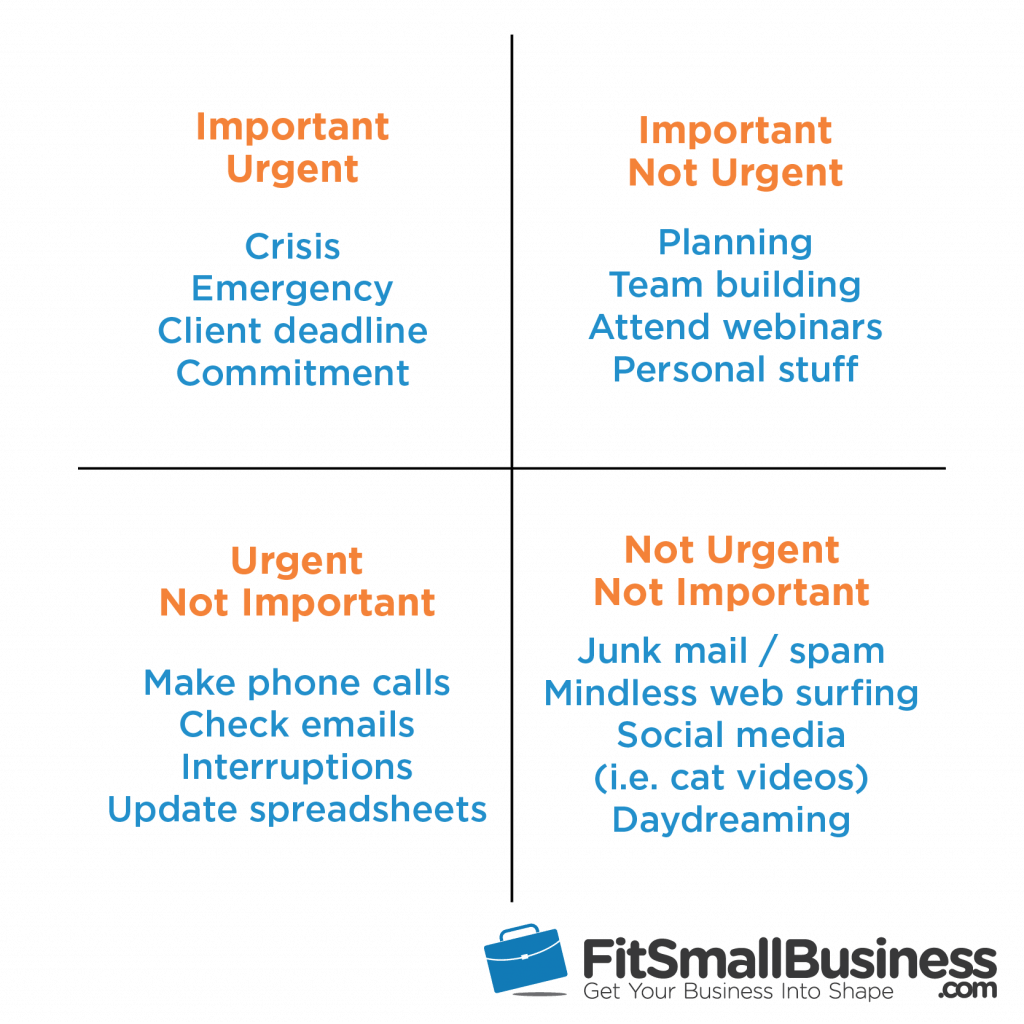
The first is the now-famous marshmallow experiment, which was started by Walter Mischel, PhD around 1963. I’m going to take a minute and share two of the most famous studies that focused on measuring self-control in kids, but if you want to dig deep, I’ll list a bunch of resources at the end of this article. There’s a ton of research backing up the claim that self-control is key to a successful and happy life. Do I Really Need Self-Discipline and Self-Control for a Happy Life? Sometimes it’s because you want to do something that you shouldn’t (like eating that third brownie or having a cigarette), and other times it’s because you know you should do something, but you don’t want to (like go to the gym or finish that project for work because all you want to do is lay on the couch and smoke a cigarette and eat brownies). For our purposes today, I’ll be using the word willpower but it’s synonymous with terms like self-discipline and self-control and perseverance so insert whatever word works for you.Īs Kelly McGonigal, PhD, wrote in her book The Willpower Instinct, willpower is basically an internal conflict. It’s our ability to resist a temptation now to get a goal later. In its simplest form, self-discipline and self-control (or willpower) is our ability to delay gratification.



But how do you get there – how do you have more self-discipline and self-control? Today I’m sharing a whole new way of understanding willpower and self-discipline, the secret to why you’ve failed in your efforts before and my top five research-backed tips to have you back in control of your life.ġ5-minute read What Exactly is Self-Control? Whether you call it self-discipline, grit, determination or willpower, the research shows that people who learn self-control are happier, healthier and have stronger relationships.


 0 kommentar(er)
0 kommentar(er)
